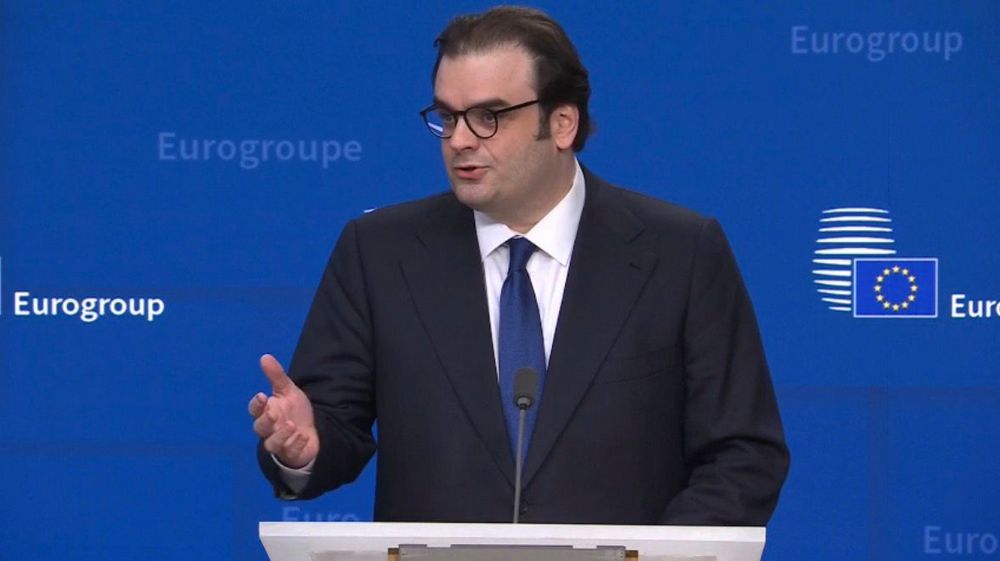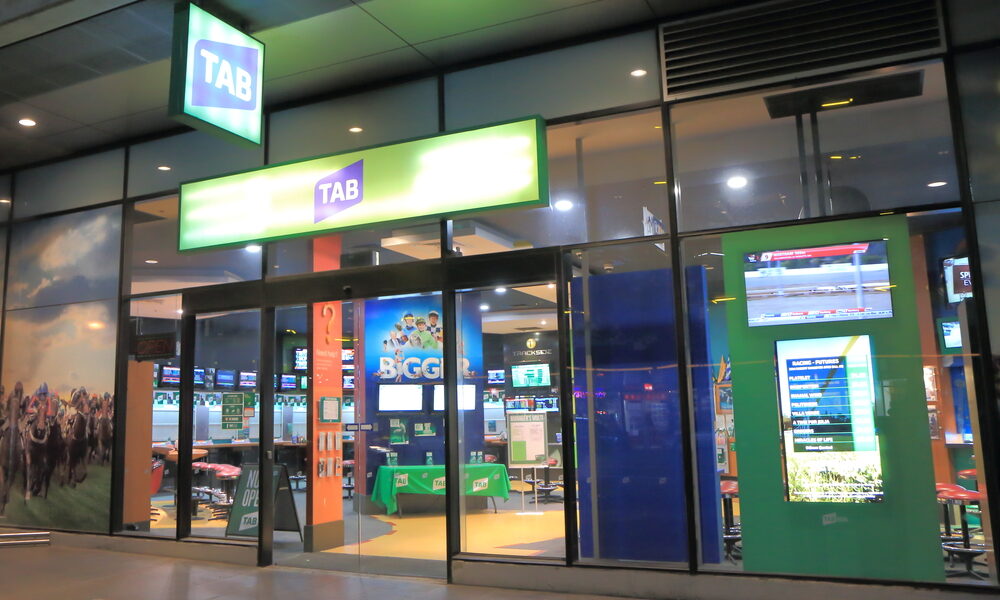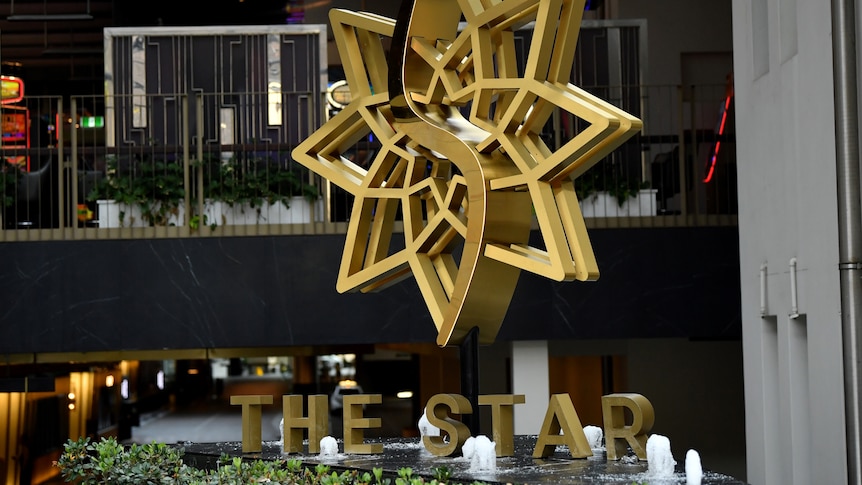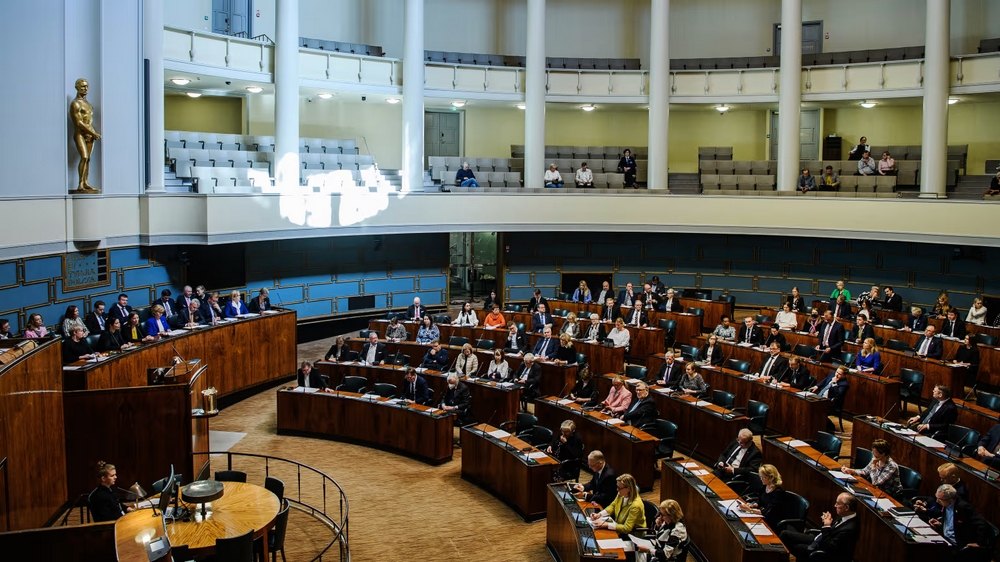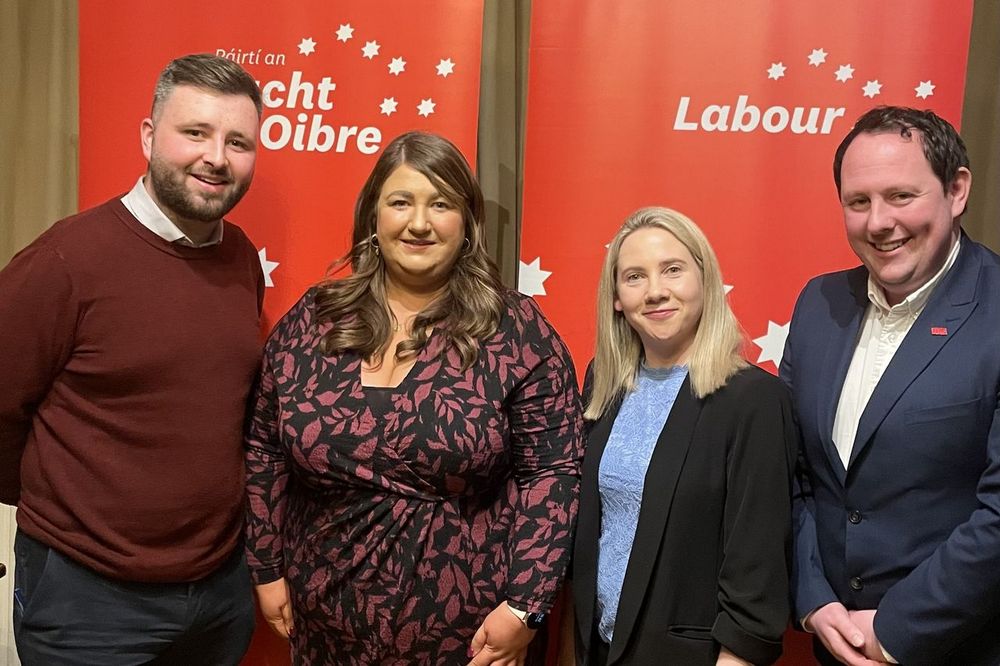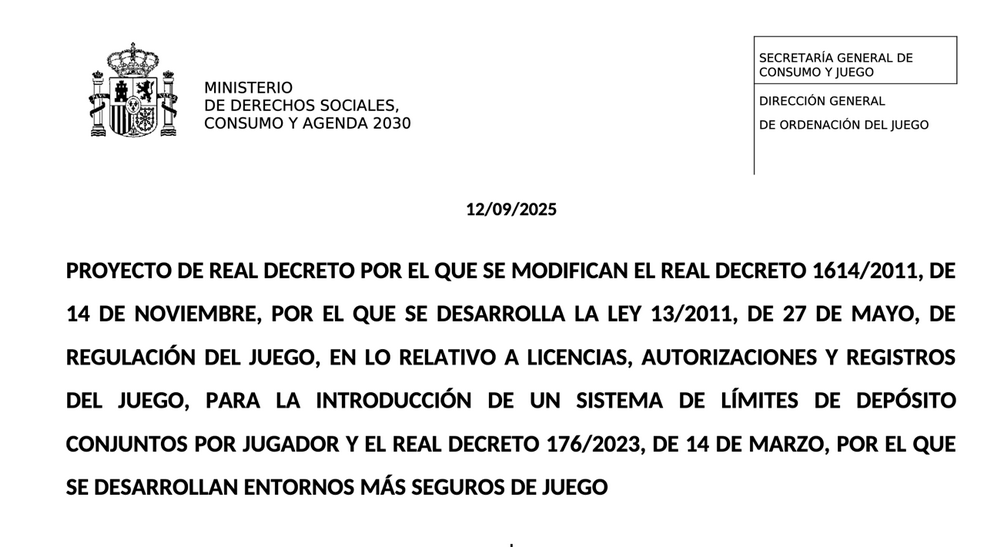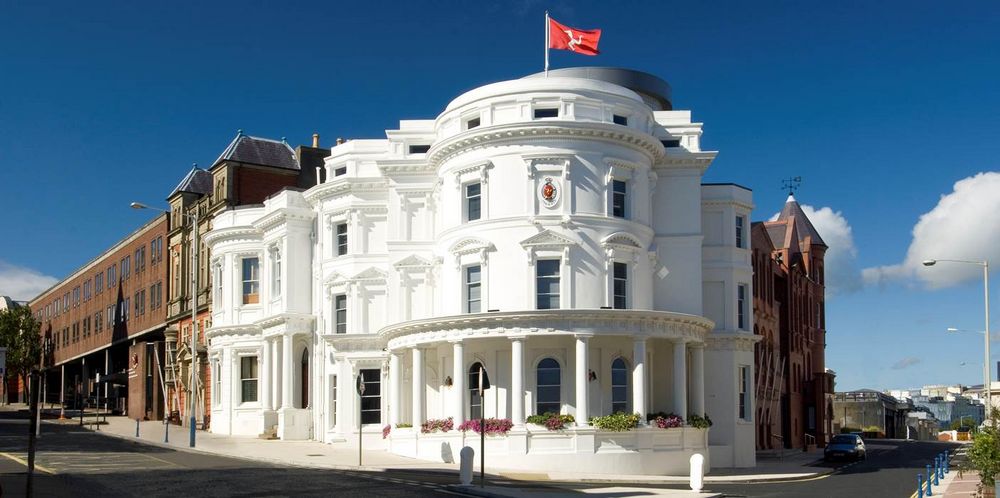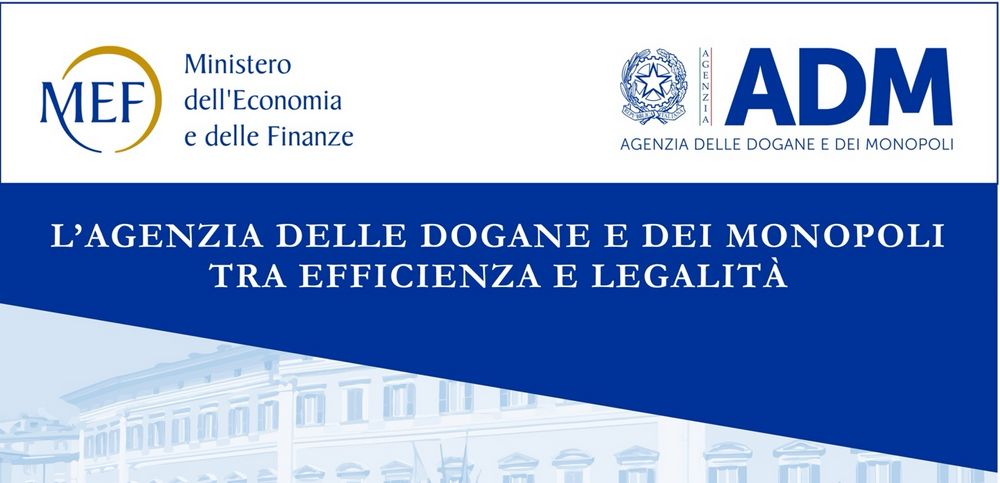Norway’s long-standing gambling monopoly, controlled by Norsk Tipping, faces growing political pressure as calls for a regulated licensing system intensify. With the Conservative Party leading the push for reform, industry experts argue that legalising foreign operators could enhance player protection and increase state revenues.

Supporters of the reform highlight that nearly 50% of Norwegian online gamblers already use offshore betting sites, which operate outside national regulations. A Menon Economics study estimates that switching to a licensing model could generate an additional NOK 2 to 2.5 billion annually for sports and volunteer organisations.
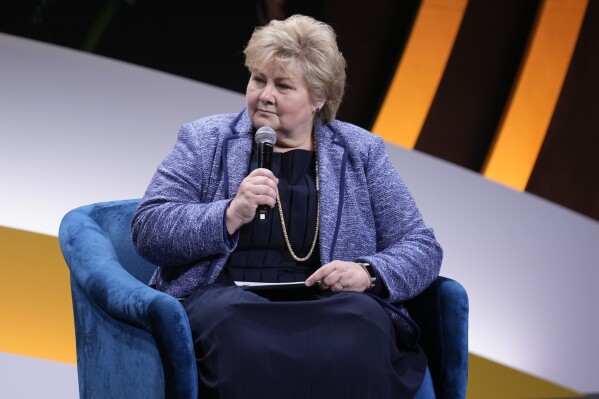
The Norwegian Online Gaming Industry Association (NBO) has also urged the government to adapt to modern gambling trends, noting that neighbouring countries like Sweden and Denmark have successfully implemented similar systems. Meanwhile, Finland is set to transition to a licensing model in 2026.
Opposition remains strong from organisations like the Norwegian Sports Federation and Gambling Addiction Norway, which argue that an open market could increase problem gambling and reduce social funding.
The debate has intensified after Norsk Tipping was fined NOK 36 million in February 2025 due to a technical failure that prevented self-exclusion. With national elections approaching in September 2025, the future of Norway’s gambling sector hangs in the balance.











